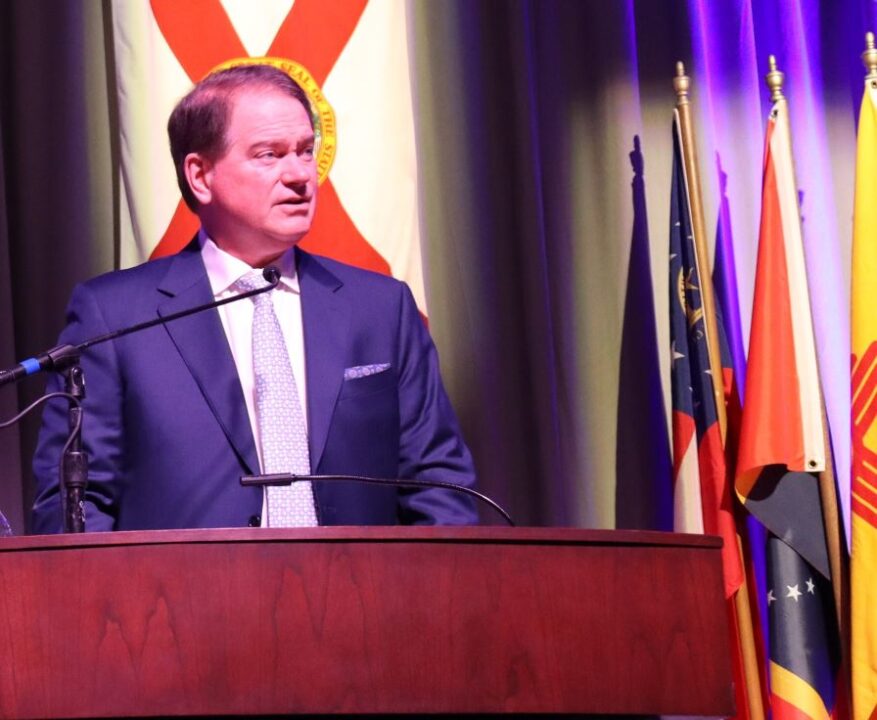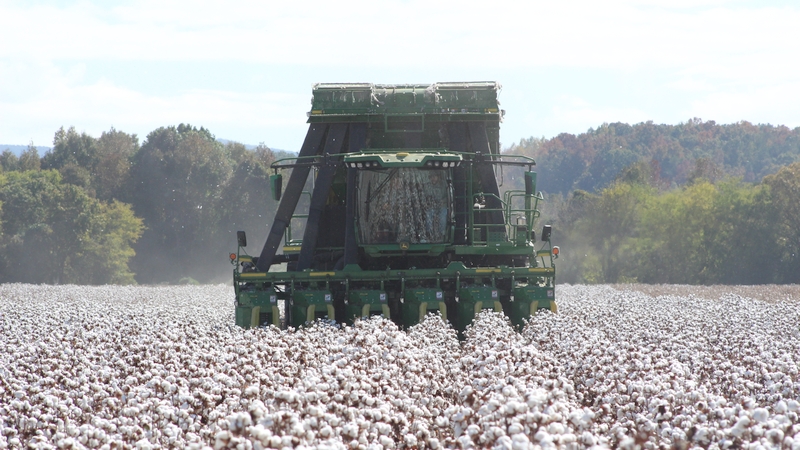A Needed Leader
The United Kingdom’s role in the international cotton market has, and continues to be, one of leadership. The UK has a long history of bringing interested parties in the world cotton trade together under a shared umbrella of regulation based on mutual interests. According to the UK Country Statement at the 2008 International Cotton Advisory Committee (ICAC) Plenary meeting, private industry representatives declared a national goal of promotion of contract sanctity. “We encourage all governments to support efforts to ensure contract sanctity in the activities of those that participate in this trade in their countries, and to implement legislation that promotes contract sanctity,” the statement says.
The International Cotton Association (ICA) is an ideal example of the country’s commitment to cooperative work. As a manifestation of the UK’s communally advantageous approach to business in a globalized world, the ICA has created rules that govern the majority of the worldwide trade of raw cotton. “The ICA already protects the vast majority of the cotton trade and our rules and arbitration services are a core function,” says the 2008 ICA President, Andrew Hursthouse, “We continue to provide clarity and leadership in these areas,” he continues. With volatility being the main theme of 2008, it is of even greater significance that parties to a contract have confidence that each will perform their obligations regardless of market circumstances.
Ideas in Practice
A group mentality in the global market is not a simple objective to achieve, though. But despite adversity, the UK seems to understand the overall benefits of organization clearly. As a result, according to the ICAC Plenary statement from the UK, “International and local cotton companies will invest heavily in cotton production, if they are assured of being able to buy back cotton from farmers at a price which gives them a reasonable return on their investment.”
The UK’s active role in the cotton community is obvious in their commitment to sharing views and best practices. This is evident in their relationship with the African cotton industry. The UK has a sustained history of investment in Africa. UK companies intend to operate productively in the African cotton sector by partnering with local businesses and sharing knowledge. By sharing good policies and proven functional structures for operation, the have found effective ways to build investment in the industry. Additionally, according to the ICAC UK country statement, the expertise that resides in the UK cotton research companies and institutions are continuing their on-going support of cotton-related research.









